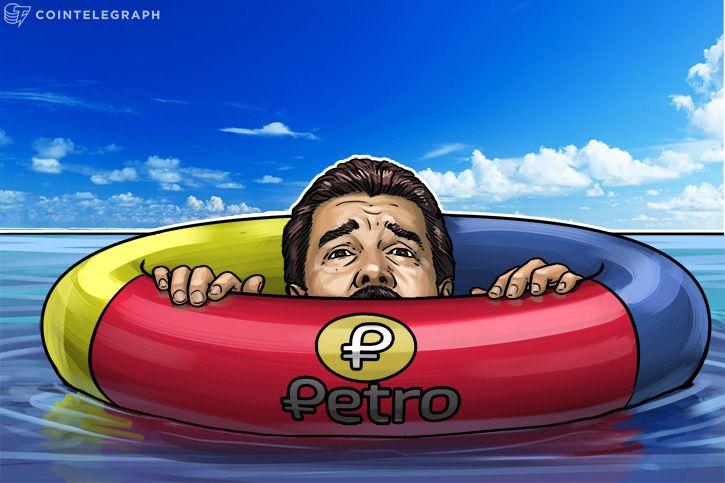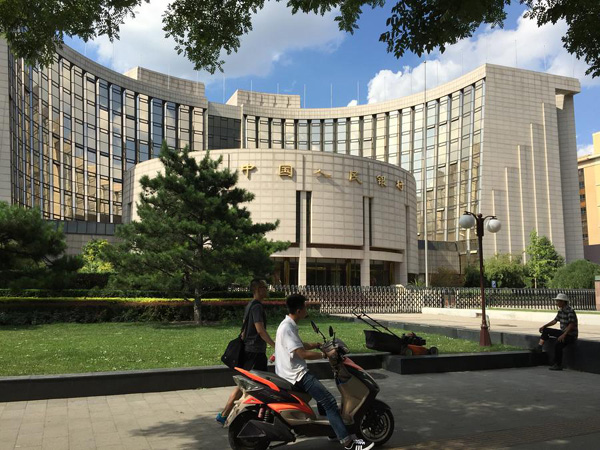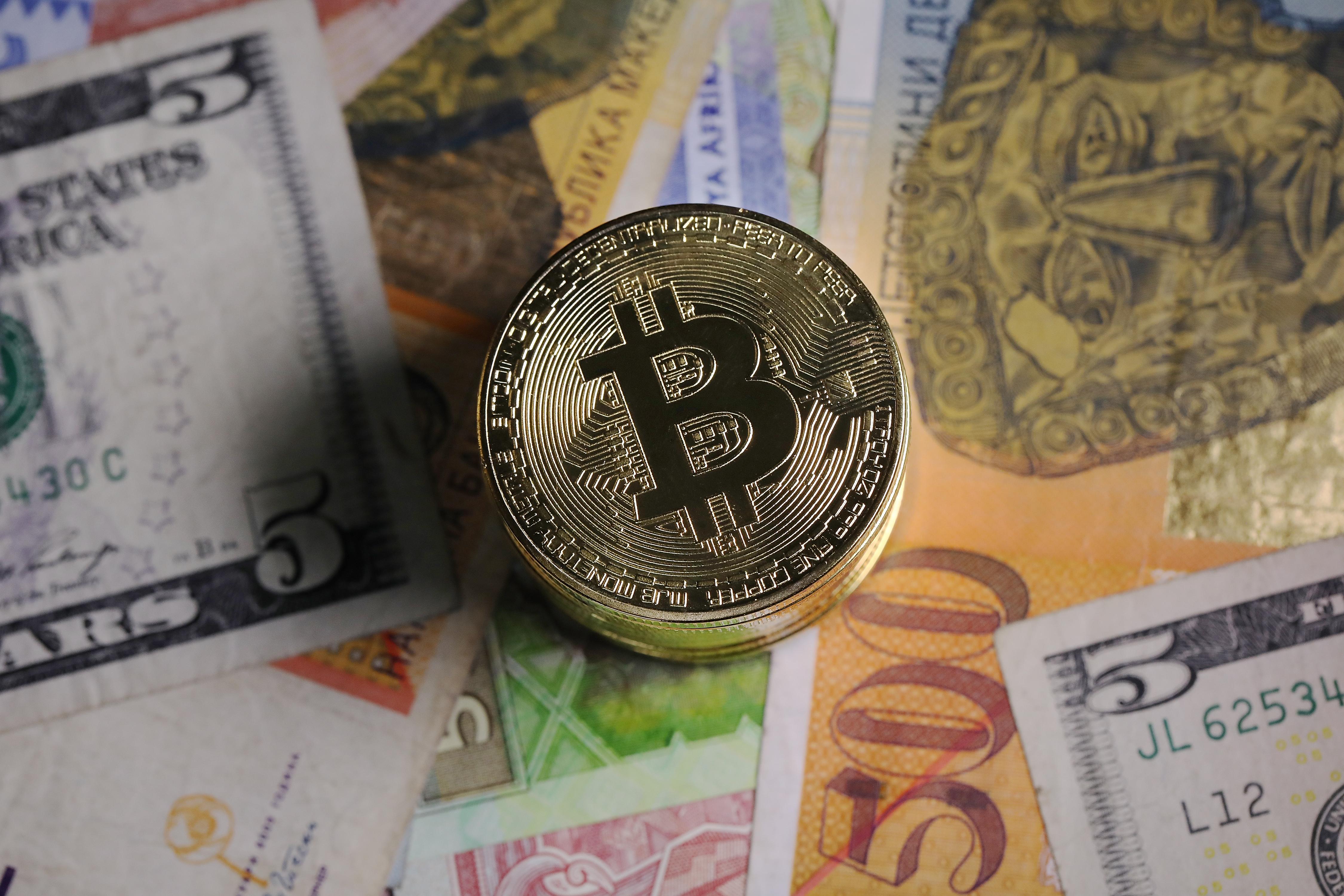What is Petro in an economic context and what would be its possible real use in the global economy? Is it a cryptocurrency, a stable coin, oil futures, new government debt instrument or something else?
Starting in late 2017 Venezuela’s President Nikolas Maduro began expanding heavily into media space in an attempt to promote a new payment instrument– the government-issued cryptocurrency Petro.
On Feb. 20 the pre-sale of Petro was launched and has already raised $735 mln, according to Maduro’s Twitter. Total amount of PTR issued for sale is 100 mln and is worth $6 bln. The pre-sale will end on March 19.
The following questions are raised by this controversial project: what is Petro in an economic context and what would be its possible real use in the global economy? Is it a cryptocurrency, a stable coin, oil futures, new government debt instrument or something else? What is its possible economic impact? Which legal issues could follow?
Venezuela now
According to Maduro, Petro being backed by the Venezuelan crude oil is one of the best ways to use new technologies to restore the financial condition of Venezuela. For many years, the country has been suffering from hyperinflation by thousands of percent per year, while US sanctions cut off Venezuela from international capital markets.
A huge deficit of US dollar monetary supply has led to the absence of basic goods and a tenfold price discrepancy between official and black market currency exchanges for the Venezuelan bolivar and US dollar. That said, this financial catastrophe coincides with Venezuela’s status as possessing the largest volume of readily retrievable proved oil reserves as assessed by OPEC, being well ahead of well-known oil producers such as Saudi Arabia, Kuwait, and others.
But it seems even more alarming news are boiling up. The US administration was urged to impose a full embargo on Venezuelan oil in the near future. According to export statistics, US is the main market for Venezuelan oil and a primary source of ‘hard currency’- US dollars. The excluding of the market from the oil export structure could lead to an even more dramatic economic situation in the country.
The idea of issuing cryptocurrency by the government has been suggested before (Japan, UAE, Russia, and some others), but has so far fallen short of authorization by top officials and practical implementation.
Petro has received official recognition from the Venezuelan government. President Maduro has signed a white paper clearly specifying the conditions and dates of the tokensale. Its activity is aimed at both internal and external markets and carried out at ALBA (Bolivarian Alliance for the Peoples of Our America) and OPEC (Organization of the Petroleum Exporting Countries) levels as well.
El Petro white paper
The original white paper, published on the official website of Venezuela’s government describes the process of issuing Petro. The initial disbursement will be made on the Ethereum platform as a standard ERC20 token. It also states that the Petro price will be correlated with one barrel of Venezuelan crude oil.
Source/More: Venezuela’s Petro: Stable Coin For Crypto-Economy Or Illegal Oil Futures? | Zero Hedge















